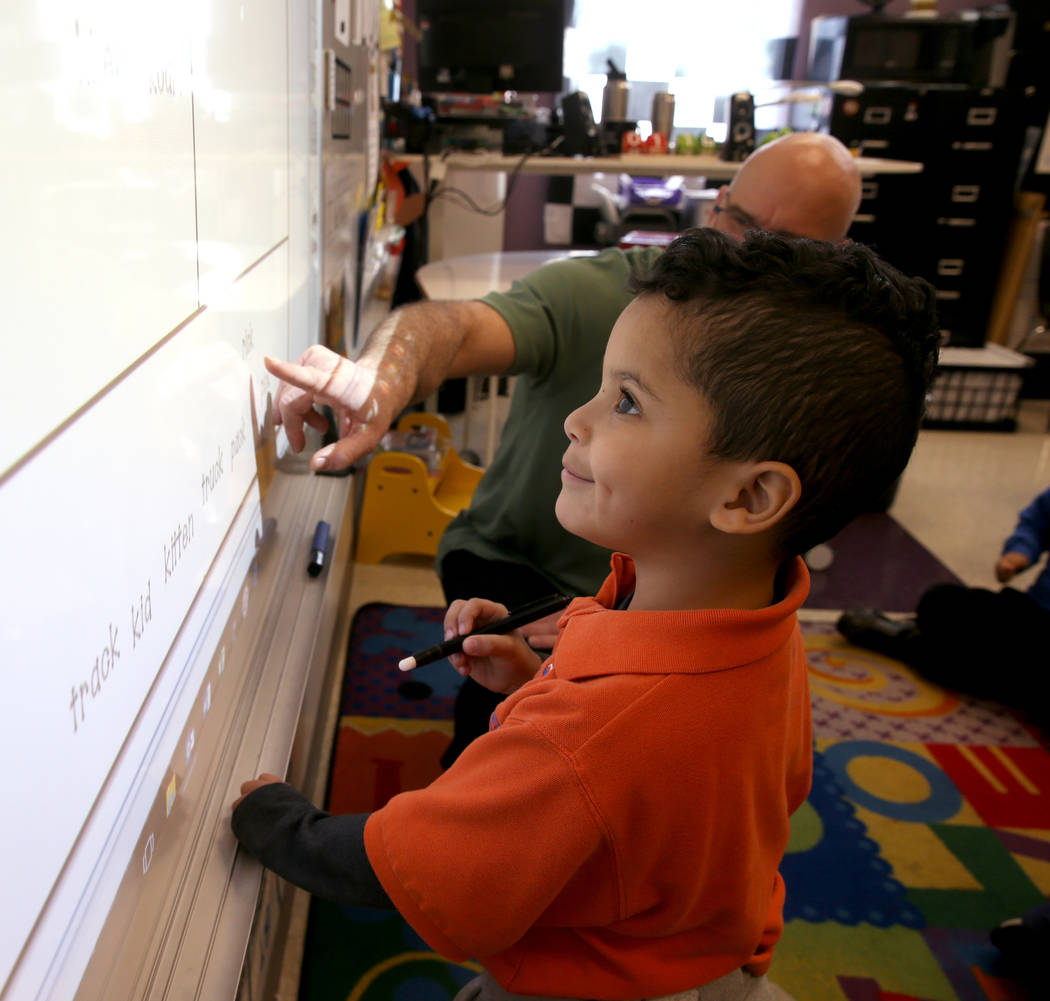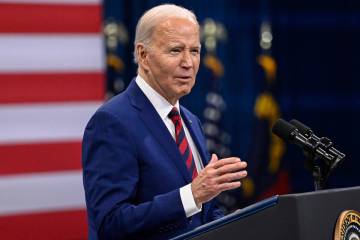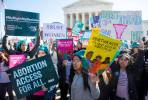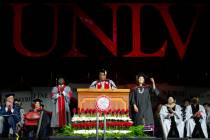VICTOR JOECKS: Supreme Court should strike down anti-religious Blaine Amendments
A vestige of anti-Catholic bigotry is a vital weapon for opponents of school choice. On Wednesday, the U.S. Supreme Court will hear a case that offers the justices a chance to take that weapon away.
Espinoza vs. Montana involves a single mom trying to get her daughters the best possible education. The Institute for Justice, which is representing Kendra Espinoza, seeks a precedent that could dramatically expand access to school choice, which would help millions of students around the country.
In 2015, the Montana Legislature enacted a small tax-credit scholarship program. The program allowed individuals and businesses to receive a 100 percent tax credit for donations to a scholarship-granting organization. With those funds, the organization gave students scholarships worth a maximum of 50 percent of public school spending.
Program participants included Espinoza’s two daughters. Espinoza said one of her daughters was having trouble focusing at her public school and was bullied for her outspoken Christian faith. Seeking a better alternative, Espinoza decided to send her children to a private school, Stillwater Christian. She didn’t have the money to pay for tuition so — on top of her full-time job — Espinoza started working as a janitor. It was a sacrifice, but her daughters thrived at their new school. A scholarship would ease their family’s financial burden. It would also be a good deal for state taxpayers.
That sounds like a win-win, until you remember that the top priority of teachers unions isn’t helping children. If government gives families with children in public school the ability to go to private schools, many will. Fewer children in public schools means fewer public school teachers. That means fewer potential union members, which means fewer union dues. Fewer union dues means fewer campaign contributions for Democrat politicians who overwhelmingly oppose school choice.
For years, those groups have had a powerful weapon at their disposal — the Blaine amendments present in 37 state constitutions, including Montana and Nevada. They’re named after Rep. James Blaine, who in 1875 introduced a constitutional amendment to ban public money from going to schools “under the control of any religious sect.” Blaine wasn’t opposed to religion in public schools. During those years, the country was largely Protestant and so were public schools. They had daily prayers and read from the Bible.
An influx of Catholic immigrants challenged the status quo. They didn’t like sending their children to schools that undermined their family’s religious practices. They wanted the government to fund private Catholic schools.
At the time, publications openly acknowledged the proposal’s anti-Catholic intentions. The federal proposal didn’t pass Congress, but many states put versions of the amendment in their constitutions.
What a difference a century makes. Protestants no longer dominate schools or the culture. The Supreme Court banned school prayer in 1963. Schools are also doing a miserable job educating students. Less than one-third of the country’s eighth graders are proficient in reading, according to the Nation’s Report Card.
In response to failing schools, dozens of states have passed more than 60 school choice programs. Study after study has found that well-designed school choice programs improve educational outcomes for participants and students who remain in public schools.
Unable to defeat school choice legislatively, its opponents frequently rely on Blaine amendments to argue the programs are unconstitutional because some parents choose religious schools. That’s what happened in Montana, where the state Supreme Court found the Montana tax credit program violated a ban on government funds “to aid any church, school … controlled in whole or in part by any church, sect or denomination.”
The Institute for Justice contends that violates the free exercise clause of the U.S. Constitution. Just like the government can’t establish a religion, it can’t actively reject schools because they are Christian, Muslim or Jewish.
In previous cases, the U.S. Supreme Court has recognized that government can’t actively discriminate against religious organizations. It’s time for the court to extend that ruling to schools and to invalidate Blaine amendments.
Contact Victor Joecks at vjoecks@reviewjournal.com or 702-383-4698. Follow @victorjoecks on Twitter.






























